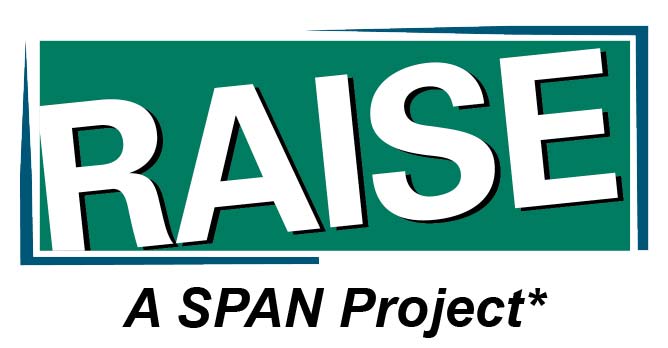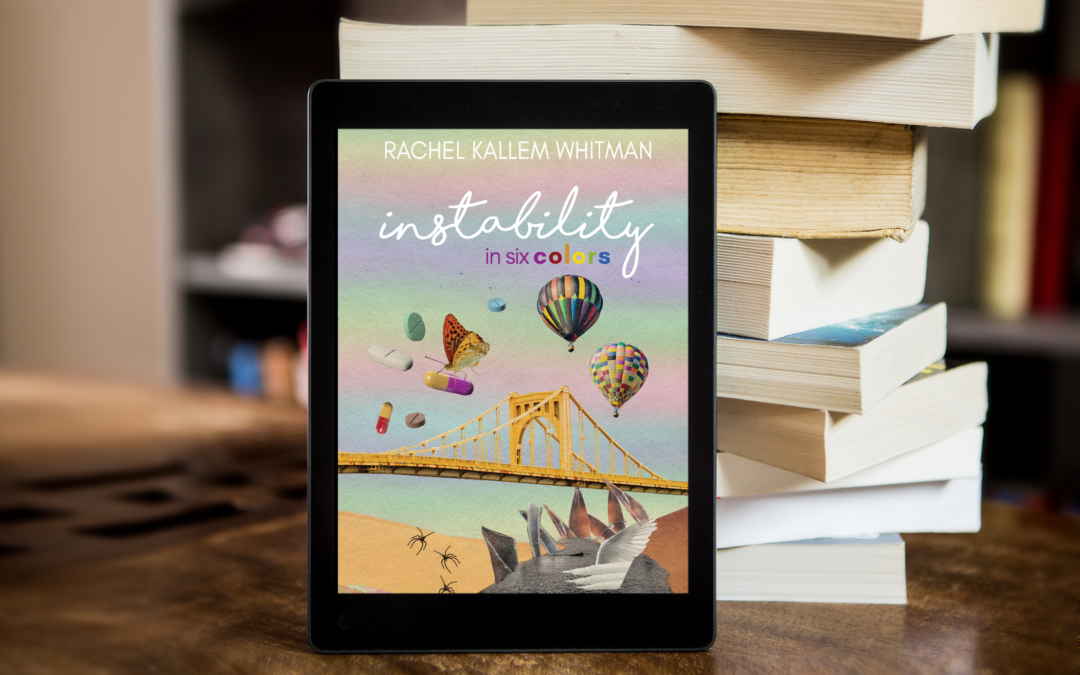Let me start off by saying mental illness and pandemics are friends. Actually, not just friends, best friends, who share the same passion: making people sick. COVID-19 is threatening and devastating the health and livelihood of so many people. We’re not just wrestling with boredom and demands for bangs, we’re straddling a scary line between who has the right to live and who doesn’t. People with mental illnesses, disabilities, and those living with chronic illnesses, are struggling especially hard. For many people with mental illnesses COVID-19 has been particularly triggering. We’re isolated and lonely; food and resources are limited; connecting with your therapist and psychiatrist requires a smartphone or a computer as well as internet access and privacy; and you might have lost your job or are experiencing financial strain. Believe me, I could go on. COVID-19 is compromising our safety both physically and mentally and we need to keep our brains and bodies as healthy as possible. It is of utmost importance that we practice intentional and actionable selfcare. What makes you feel better? Do it. Now more than ever we need to reflect on our needs and commit to taking care of ourselves. Don’t just talk about slapping on that purifying lavender face mask, do it. Don’t just talk about learning the ukulele, do it. Don’t just talk about Zooming with friends and family, do it. You get the idea!
I live with bipolar disorder, not something I usually say to introduce myself, I usually start with “I love cheese more than life itself,” but many of the things I already mentioned are part of my pandemic narrative. I’m doing the best I can to implement interventions that will help keep me healthy. Living with bipolar disorder means I’m constantly in a tug-of-war between hypomania, mania, psychosis,* and depression, as well as the days when I’m steady and balanced. Things have been tough living in this chaotic and uncertain new world, but I have two forms of selfcare that are really, really helping me stay safe, sane, and content.
If I have to pick my top two selfcare methods they would be: pills and pups! Ok, ok, I’ll give you one more method of selfcare: watching the movie “Clueless.” “Clueless” is my favorite movie of all time — arguably the best movie of all time — and when I’m bonkers watching it is incredibly soothing. Why? I don’t know, brains are weird! You asked. But as much as this clever and charming movie starring rambunctious teens navigating high school and bare midriffs is reassuring that there is good in the world, the pills and pups are a bit more impactful. Not everyone with a mental illness needs to take medication, but I do. Bipolar disorder is not my identity so I do everything I can to quiet my symptoms. They get loud but with the right tools I can give them a heavy shush. Medication is one of my favorite tools and I’m lucky that for the most part my brain responds positively to my meds- meaning they work. One of the reasons I’ve been doing well so far – considering the fact Earth is trying to evict us (I kinda don’t blame her) – is because of my trusty cache of pills. Lithium, Seroquel, Lamictal, Klonopin, Ativan, Vraylar, and medical marijuana are some of my best friends. Thanks for keeping me healthy, gang! They play a huge role in keeping me centered and safe – and they empower me to be myself and live life the best I can – even during a quarantine.
Meds are important but definitely not as cute as my second selfcare method: My pups! Bella Fabulous and Trixie Pickles are my bffs (best friends forever, I’m hip, I know what that means) and I can’t imagine not having them in my life. During this tumultuous time they make me feel purposeful and hopeful. Right now we have very little control over what’s happening in the world and in our own lives and this lack of control feels overwhelming and frightening. But while I can’t control the stress of the universe, I can take excellent care of my pooches who are the center of my universe (So cheesy! So true). Feeding them, playing with them, walking them, giving them treats, brushing their teeth, cutting their hair (giving your dog bangs and layers is a lot more challenging then you might think, thanks for the web of lies, YouTube), and lots of snuggling. These little stinkers need me and I’m there for them. Taking care of them is taking care of me.
Your pandemic narrative might not include pills. And – I can’t believe I’m saying this – but maybe you don’t like puppies (can you hear my heart breaking?). While I make sure to fill my prescriptions and give my puppies their own happy life, you need to find and fill your own toolbox; figure out what works for you, what doesn’t, and make sure it becomes part of your routine – both during this time of crisis and in the life that follows. Now go treat yourself well and watch “Clueless,” just do it!
*Teachable moment: “psychosis” isn’t synonymous with “violence.” Psychotic just means your brain kicked you in the gut and ran off with reality leaving you in a crazy void that can be hard to crawl your way out of; aka you lose touch with reality and you’re not necessarily dangerous. People with mental illnesses are significantly more likely to be the victims of violence then perpetuate them. Use “psychosis” in a non-derogatory sentence today. The more you know!
My debut novel, “Instability in Six Colors” paints a vivid picture of what it is like living with chronic mental illness, trauma, and a complicated relationship with sanity, safety, and suicide. Through raw, honest, emotional, and poetic storytelling I seek to narrate my own journey, navigate my own recovery, and kindle hope for those impacted by mental illness. My mission is to create an inclusive community that empowers individuals to look beyond their illness to find themselves. You can buy this bipolar narrative through One Idea Press, a woman-owned independent press based out of Pittsburgh, PA, as a paper copy or ebook. For more of my work please be sure to check out my blog.

Dr. Rachel Kallem Whitman is an educator, advocate, and writer who has been shacking up with bipolar disorder since 2000. Rachel is an adjunct professor who teaches courses on unpacking ableism (disability oppression) and her speeches, interviews, and writings on the topic have garnered acclaim locally in Pittsburgh, across the United States, and internationally. Rachel credits her success to the support of her loving partner, her everlasting passion for advocacy, a house full of pets, smoked Gouda, and her unshakeable sense of humor. Rachel’s work has empowered her to look beyond illness to find herself.
Did you like this article? Are there other topics you’d like to see us publish on? Do you want to apply to be a guest blogger? Please take our quick, 3-question survey and let us know what you think!
Take Survey: http://survey.constantcontact.com/survey/a07eg1rmj5jjrasph9l/start


